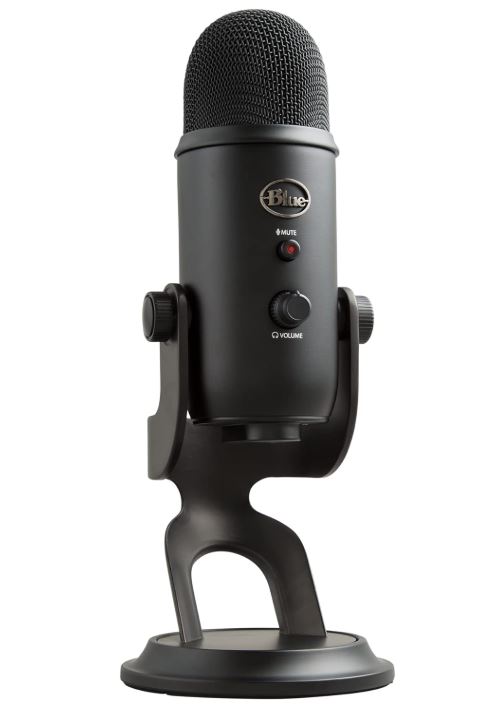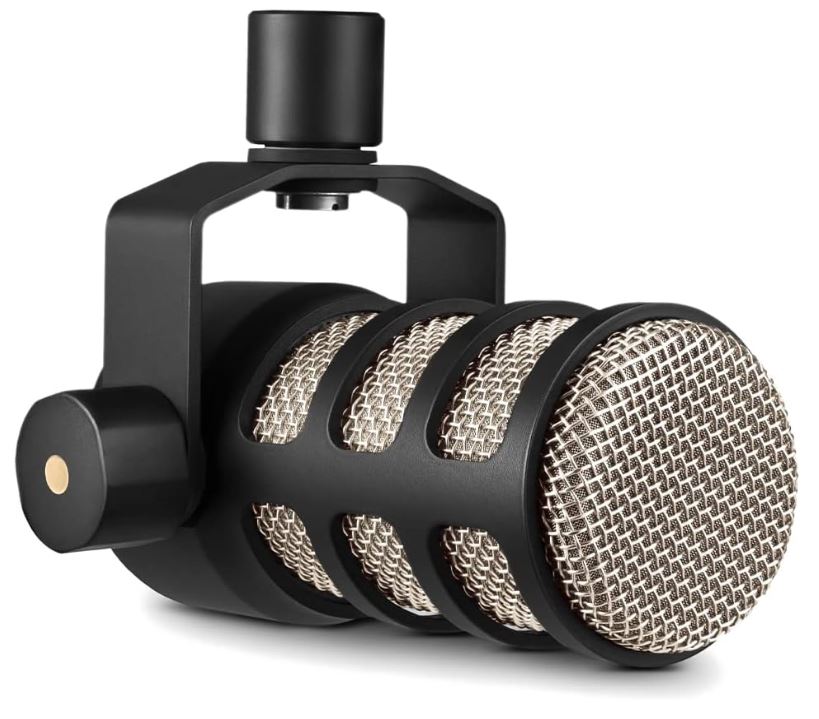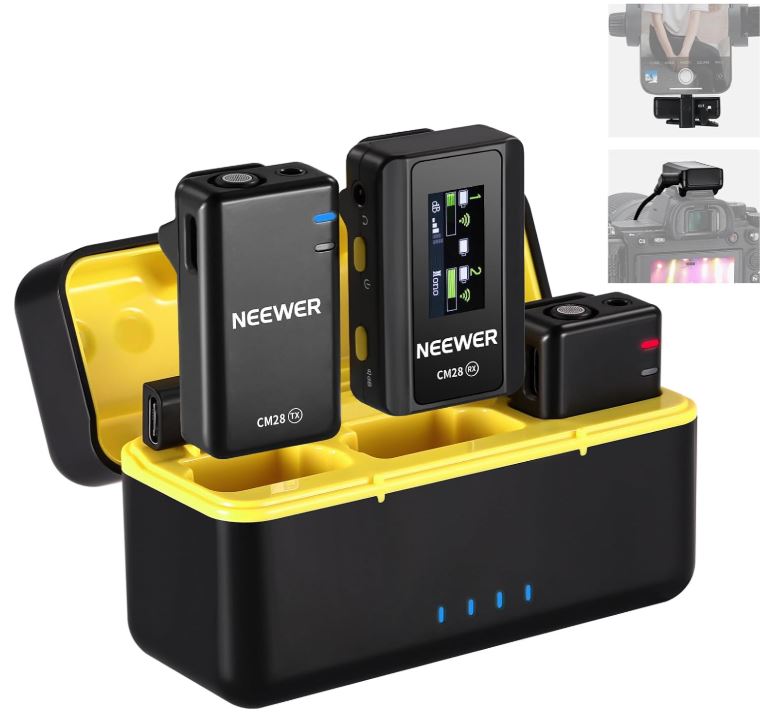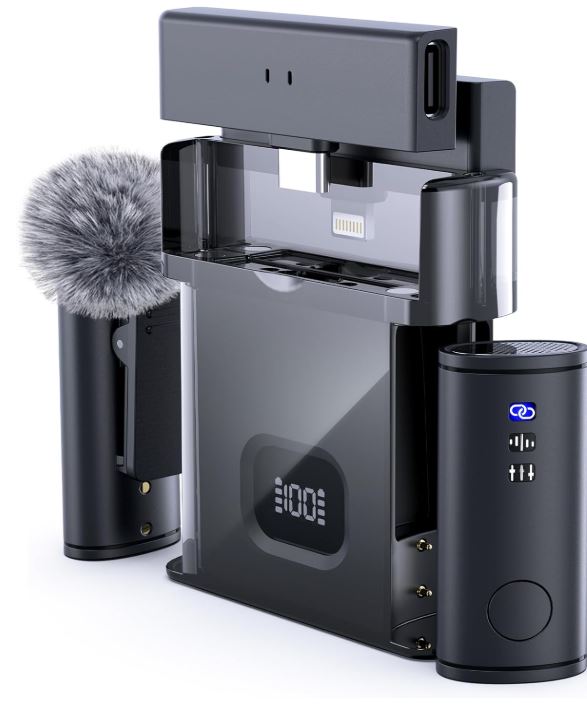Looking for the best microphone app for Android? Discover how these powerful tools can enhance your audio experience today!
Introduction
In an age where communication and content creation have become increasingly digital, having a reliable microphone app for Android is essential. Did you know that over 70% of smartphone users utilize their devices for voice recording and communication? Whether you’re a budding podcaster, an aspiring musician, or someone who simply wants to capture high-quality audio on the go, the right microphone app can make all the difference. But with so many options available, how do you choose the best one for your needs?
Summary Table of Key Facts
| Feature | App A | App B | App C |
|---|---|---|---|
| Price | Free | $4.99 | Free with in-app purchases |
| Audio Quality | High | Very High | Moderate |
| Editing Features | Basic | Advanced | Moderate |
| User Rating | 4.5 | 4.8 | 4.0 |
Outline of Relevant Subtopics
- Top Microphone Apps for Android
- How Microphone Apps Work
- Comparative Analysis of Popular Apps
- User Reviews and Experiences
- Microphone Settings and Features
- Best Practices for Recording Audio
- Editing Audio on Android
- Using Microphone Apps for Video
- Microphone Apps for Musicians
- Voice Recognition and Dictation
- Noise Cancellation Features
- Integrating Microphone Apps with Other Tools
- Future Trends in Audio Recording
- Common Issues and Troubleshooting
- How to Improve Audio Quality
- Legal Considerations for Audio Recording
- Choosing the Right Microphone for Your Needs
- Apps for Live Streaming
- Community and Support Resources
- Cost-Benefit Analysis of Premium Apps
- Conclusion and Next Steps
Top Microphone Apps for Android
Our Top Picks - Best USB Microphones 🎙️
Looking for the perfect microphone? Check out our top-rated USB microphones for crystal-clear sound & studio-quality performance! 🎧✨
When it comes to finding the best microphone app for Android, several options stand out due to their features, user-friendliness, and audio quality. Here are three top contenders:
- Easy Voice Recorder: A user-friendly app perfect for quick voice memos and meetings. It offers high-quality recordings and simple sharing options.
- Audio Evolution Mobile Studio: Ideal for musicians and podcasters, this app features advanced editing tools and supports various audio formats.
- Hi-Q MP3 Voice Recorder: Known for its high-fidelity audio and customizable settings, this app is a favorite among professionals.
How Microphone Apps Work
Microphone apps function by leveraging your device’s internal or external microphone to capture audio. The captured sound waves are then converted into digital signals that can be processed, edited, and stored. Most apps provide a user-friendly interface that allows you to:
- Adjust recording quality settings
- Select file formats
- Apply effects or filters
Some advanced apps also incorporate features like noise reduction and echo cancellation, enhancing the clarity of your recordings.
Comparative Analysis of Popular Apps
Choosing the right microphone app can be challenging. Here’s a comparative look at three popular options:
| Feature | Easy Voice Recorder | Hi-Q MP3 Voice Recorder | Audio Evolution Mobile Studio |
|---|---|---|---|
| Price | Free | $3.99 | $9.99 |
| Recording Quality | High | Very High | Professional |
| Editing Features | Basic | Minimal | Comprehensive |
Our Top Picks - Best Wireless Microphones 🎤
Looking for a wireless solution? Check out our top-rated wireless microphones for hassle-free, high-quality sound! 🎶✨
This comparison highlights key differences, allowing you to make an informed decision based on your specific needs.
User Reviews and Experiences
User reviews can offer valuable insights into the practicality and effectiveness of microphone apps. For instance, many users of the Easy Voice Recorder praise its simplicity and reliability for taking quick notes. In contrast, Audio Evolution Mobile Studio users often highlight its robust editing capabilities, which make it ideal for producing music tracks.
“I love using Hi-Q MP3 Voice Recorder for my podcasts! The audio quality is exceptional, and the app is straightforward.” – Sarah J., Podcaster
Microphone Settings and Features
Many microphone apps come with a variety of settings and features that can enhance your recording quality:
- Sample Rate: Higher sample rates provide better audio quality.
- Bit Rate: A higher bit rate results in better sound fidelity.
- Noise Reduction: This feature minimizes background noise, making your recordings clearer.
Understanding these settings can help you optimize your recordings for different scenarios, whether you’re in a quiet room or a bustling café.
Best Practices for Recording Audio
To achieve the best audio quality, consider these best practices:
- Choose the Right Environment: Recording in a quiet space minimizes background noise.
- Position Your Microphone Properly: Keep the microphone close to your mouth for clearer sound.
- Test Your Equipment: Always do a test recording to check levels and clarity before the actual session.
Implementing these practices can vastly improve the quality of your audio recordings.
Editing Audio on Android
Editing audio is an essential part of the recording process. Many microphone apps also include basic editing features, such as:
- Trimming: Remove unwanted sections from your recordings.
- Adding Effects: Enhance your audio with effects like reverb or delay.
- Mixing Tracks: Combine multiple audio files for a more polished product.
For more advanced editing, consider using dedicated audio editing apps like WaveEditor or Lexis Audio Editor.
Using Microphone Apps for Video
Microphone apps aren’t just for audio; they can also enhance your video recordings. By using a microphone app in conjunction with your camera app, you can:
- Capture high-quality audio to match your video footage.
- Monitor audio levels in real time.
- Sync audio and video during the editing process.
This combination can significantly improve the overall production value of your videos.
Microphone Apps for Musicians
Musicians can benefit greatly from using microphone apps for practice and recording. With features tailored to music production, such as:
- Multi-track recording
- Built-in metronomes and tuners
- Effects for vocals and instruments
Apps like Audio Evolution Mobile Studio provide a comprehensive suite of tools for musicians at all levels.
Voice Recognition and Dictation
Many microphone apps now incorporate voice recognition technology, allowing for easy dictation and transcription. This can be particularly useful for:
- Creating written content quickly
- Taking notes hands-free
- Transcribing interviews or meetings
Apps like Google Keep and Otter.ai offer excellent voice recognition features that can save you time and effort.
Noise Cancellation Features
Noise cancellation is a critical feature for anyone looking to record high-quality audio. Many microphone apps utilize advanced algorithms to filter out background noise. This is especially beneficial in:
- Busy urban environments
- Public spaces
- During live events
Understanding how to enable and adjust these settings can greatly improve your recording clarity.
Integrating Microphone Apps with Other Tools
Microphone apps can often be integrated with other tools to enhance your workflow. For example:
- Connect your app to cloud storage for easy access and sharing.
- Use with editing software for post-production enhancements.
- Pair with video editing apps to synchronize audio and video seamlessly.
This kind of integration can streamline your content creation process, making it more efficient and productive.
Future Trends in Audio Recording
The landscape of audio recording is rapidly evolving. Emerging trends include:
- Artificial intelligence for audio enhancement and editing.
- Increased use of 3D audio technology for immersive experiences.
- Growing popularity of live streaming and podcasting, necessitating more advanced recording tools.
Staying informed about these trends can help you leverage new technologies for your audio projects.
Common Issues and Troubleshooting
Even the best microphone apps can encounter issues. Common problems include:
- Low audio quality: Check your app settings and microphone connection.
- App crashing: Ensure your app is updated and compatible with your device.
- File format issues: Confirm that your editing software supports the audio format.
Knowing how to troubleshoot these common issues can save you time and frustration.
How to Improve Audio Quality
Improving audio quality involves several factors, such as:
- Using an external microphone for better sound capture.
- Adjusting your environment to reduce echo and background noise.
- Regularly maintaining your recording equipment to ensure optimal performance.
Implementing these strategies can lead to significantly improved audio quality in your recordings.
Legal Considerations for Audio Recording
When recording audio, it’s essential to be aware of legal considerations, including:
- Obtaining consent from individuals being recorded.
- Understanding copyright issues related to music and sound.
- Complying with local laws regarding recording in public spaces.
Familiarizing yourself with these legal aspects can help you avoid potential issues.
Choosing the Right Microphone for Your Needs
Not all microphones are created equal. When selecting a microphone, consider:
- Your primary use case (e.g., podcasting, music, interviews).
- Compatibility with your device and apps.
- Your budget and desired audio quality.
Investing in the right microphone can enhance your audio recording experience significantly.
Apps for Live Streaming
Live streaming has become increasingly popular, and specific microphone apps can facilitate this. Features to look for include:
- Real-time audio monitoring
- Integration with streaming platforms like Twitch or YouTube
- Low-latency audio capture for seamless streaming
Utilizing the right app can elevate your live streaming experience and engage your audience more effectively.
Community and Support Resources
Engaging with community resources can enhance your experience with microphone apps. Consider:
- Online forums and discussion groups for troubleshooting and advice.
- Official app websites for updates and tips.
- Social media groups focused on audio recording.
Connecting with others can provide valuable insights and support.
Cost-Benefit Analysis of Premium Apps
While many microphone apps are free, premium options often offer additional features. Consider the following:
- Are the advanced features worth the cost?
- How do the app’s capabilities compare to free alternatives?
- What do user reviews say about the value for money?
Conducting a cost-benefit analysis can help you make an informed decision about purchasing premium apps.
Conclusion and Next Steps
Choosing the right microphone app for Android can enhance your audio experience significantly. With the plethora of options available, it’s essential to evaluate your specific needs and preferences. As you explore the world of audio recording, remember to experiment with different apps and settings to find what works best for you. Don’t hesitate to share your experiences and insights in the comments below—let’s start a conversation!
Frequently Asked Questions
What is the best microphone app for Android?
The best microphone app for Android depends on your specific needs. Popular options include Easy Voice Recorder, Hi-Q MP3 Voice Recorder, and Audio Evolution Mobile Studio, each offering unique features for various audio recording purposes.
Are microphone apps free?
Many microphone apps offer free versions with basic features, while others have premium versions that provide advanced functionalities. Always check the app store for pricing details.
Can I use a microphone app for recording music?
Yes, many microphone apps are specifically designed for musicians, offering features like multi-track recording, effects, and editing tools to enhance music production.
How can I improve the audio quality of my recordings?
To improve audio quality, use an external microphone, record in a quiet environment, and adjust your app settings for optimal sample and bit rates.
Is it legal to record conversations without consent?
Recording conversations without consent may violate privacy laws. It’s essential to familiarize yourself with local regulations regarding audio recording to avoid legal issues.
Glossary
- Microphone App
- An application that utilizes a device’s microphone to record audio.
- Sample Rate
- The number of samples of audio carried per second, measured in Hz.
- Bit Rate
- The amount of data processed in a given amount of time, affecting audio quality.





